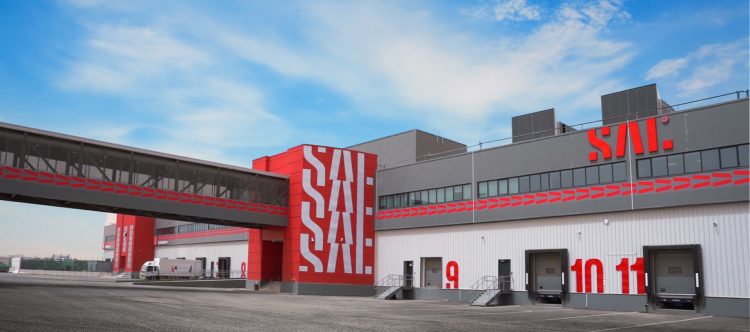Publisher: Maaal International Media Company
License: 465734
Riyadh MoU Adopts New Brand Identity and Uniform Vessel Inspection Codes
The Riyadh Memorandum of Understanding on Port State Control in the Gulf Region (Riyadh MoU) has agreed to standardize vessel inspection codes across the GCC to mirror those of other international agreements in addition to unveiling its new brand identity on its Android and iOS mobile apps, which features a service that enables real time data entry of inspected ships.
The latest announcements were made during the 19th annual meeting of the Riyadh MoU Committee held in Riyadh.
Across three days, the committee discussed inspection activities of vessels calling at GCC ports and endorsed unified measures to target ships that violate maritime safety standards.
اقرأ المزيد
Participants also agreed on sharing data through the organization’s dedicated datacenter.
The meeting reviewed Riyadh MoU’s 2021 annual report, which summarized the year’s key outcomes, achievements, and projects.
With the approval of this year’s budget, major projects were also greenlighted which will see the adoption of digital transformation and artificial intelligence besides entrusting the organization’s secretariat and data center the task of developing comprehensive quality standards for vessel inspection and embracing global benchmarks.
The remote training schedule for vessel inspection officers in partnership with the Paris MoU, Tokyo MoU, and the European Union was finalized for this year.
The meeting also decided on requests received from other countries to join Riyadh MoU as members and observers.
“The Riyadh MoU has recorded major achievements that have bolstered vessel inspection in the GCC,” said Omar Hariri, President of the Saudi Ports Authority (MAWANI).
“The MoU and its secretariat have spared no efforts in cracking down on vessels that don’t comply with maritime safety standards and agreements, thereby reducing the number of violating ships in the regional marine territory,” he added.
He praised the MoU’s role in honing the skills of local talent through exposure and training at the hands of international vessel inspection experts, urging member states to maintain this important learning and development strategy.
He added that the MoU had helped build an extensive database of all vessels sailing in GCC waters.
The Riyadh MoU is one of only nine agreements signed under the auspices of the International Maritime Organization, the UN body that regulates global shipping.
Based in Muscat, the 18-year-old organization enjoys financial and administrative autonomy. It regulates vessel control across the GCC, streamlines data sharing among member states, and ensures compliance with international agreements and laws that govern maritime and marine environment safety.
MAWANI had recently unveiled its strategy that aims to create a sustainable maritime industry in a bid to position the Kingdom as a global logistics hub and fulfill the nation’s socio-economic ambitions.
The Authority eyes the strengthening of the maritime sector by transforming Saudi ports into investment hotspots that boost trade and economic development in line with the objectives of the National Transport and Logistics Strategy and Saudi Vision 2030.








